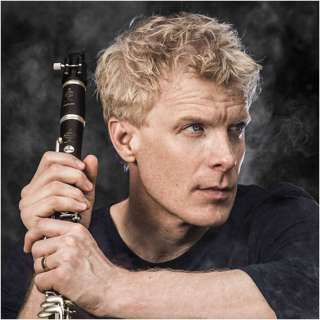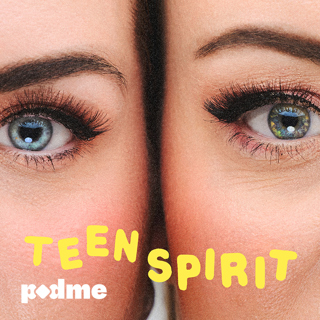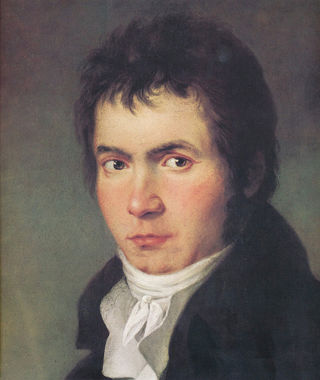
Beethoven Op. 18 String Quartets, Part 1
In 1798, Beethoven, all of 28 years old, was about to begin a project that would take him to the last days of his life, a project that would result in some of the most far-reaching, most cosmic, most life-affirming, most dramatic, and simply put, some of the greatest music he, or anyone else, ever wrote. This project that Beethoven was beginning was his first set of string quartets. Beethoven wrote/published 16 string quartets during his life, and they are both a superhuman achievement and yet also a testament to the ability of a single person to create music of vast complexity and the deepest of emotions, all for just 4 musicians. To really understand Beethoven's quartets, and his achievements with them as he progressed through his life, we have to start at the beginning. Beethoven was very rarely in the shadow of anyone during his life, but when it came to the string quartet, Beethoven still felt very much indebted to two of his colleagues, Haydn and Mozart. Haydn had essentially invented the genre of the string quartet, and by 1798 was beginning the massive project of cataloguing and writing out his 68 string quartets. Mozart had died only 7 years earlier, leaving us with some of the most pristine and gorgeous entries in this still relatively new at the time genre of instrumentation. Beethoven's music is often separated in to early, middle, and late periods, and these string quartets are always placed into the early period, which makes sense considering his later works, but also belies the fact that Beethoven had already accomplished quite a bit by the time he turned 30! It's safe to say that these pieces come near the end of this early period, where Beethoven was still working out how to embrace the classical traditions that he admired so much in composers like Mozart and Haydn, while also finding his own path as the creator of brand new traditions, smashing the rule book along the way. So this week, I wanted to take you through an overview of these amazing works. We'll talk about the genre of the string quartet itself, what Haydn and Mozart had essentially codified when Beethoven wrote his Op. 18s, and of course, what Beethoven did with this genre, even at this early stage, which is often absolutely astonishing in its creativity, intensity, and just plain excitement.
20 Loka 20221h 6min
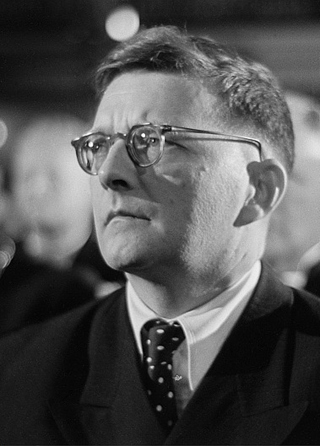
Shostakovich Violin Concerto No. 1
In almost every one of the past shows I've done about Shostakovich, the name Joseph Stalin is mentioned almost as much as the name Dmitri Shostakovich, and of course, there's a good reason for that. Shostakovich's life and music was inextricably linked to the Soviet dictator, and Shostakovich, like millions of Soviet citizens, lived in fear of the Stalin regime, which exiled, imprisoned, or murdered so many of Shostakovich's friends and even some family members. Post his 1936 denunciation, Shostakovich's music completely changed. Moving away from the radical experimentation he had attempted with his doomed opera Lady Macbeth of Mtensk, he adopted a slightly more conservative style, which he hoped would keep him in good stead with the authorities. But the piece I'm going to tell you about today, his monumental first violin concerto, is a bit different. It was written just after World War II, between 1947 and 1948. And yet, it was not performed until 8 years later. Shostakovich himself withdrew the work and kept it "in the drawer" along with his 4th string quartet and his song cycle From Jewish Folk Poetry. When the piece was finally performed by its dedicatee, David Oistrakh, it was a massive success, and it remains one of the best ways to "get into" Shostakovich's music. It is a huge work, in 4 grand movements, and Shostkaocvich himself described it as a "symphony for violin solo." It features all of the qualities that make Shostakovich's music so exciting, powerful, heartbreaking, and intense, while also allowing the listener, for the most part, to remove politics from the equation. While there are certainly encoded messages in the piece, one of which we'll get into in detail, this is a piece that is as close to pure musical expression as any of Shostakovich's post 1936 works, and so today I won't be mentioning Stalin all that much, I won't be mentioning the Soviet government every other sentence, and instead, we'll explore what makes this concerto so fantastic, so emotionally powerful, and so rousingly exciting. Join us!
13 Loka 20221h
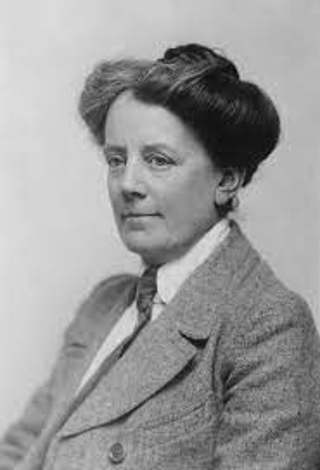
10 Pieces You've (Probably) Never Heard, But Need to Listen To!
Everyone knows Gershwin's Rhapsody in Blue. Even if United Airlines hadn't made the piece ubiquitous, it seems like the one piece of classical music almost everyone knows besides the beginning of Beethoven's 5th symphony is Rhapsody in Blue. But did you know that Gershwin wrote a second rhapsody for piano and orchestra? We know Shostakovich's later works for their intensity, drama, and depth, but did you know that Shostakovich was a completely different composer when he was a young man? That he wrote funny, sarcastic, and wildly experimental music? How about Heinrich Ignaz Franz Biber and his Battalia a 10? Or Ethel Smyth's string quintet? Or the music of Teresa Carreno? Leonard Bernstein used to talk about the infinite variety of classical music because there's simply an endless treasure trove of great and often totally unknown classical music out there. So today, I want to take you on a bit of an archeological expedition, exploring 10 pieces you've (probably) never heard of, but really have to listen to. My list includes some very recognizable names, including Ravel, Gershwin, and Shostakovich, but also some names you might know less well, like Anton Arensky, Milosz Magin, and Teresa Carreno. Join us and discover something new!
6 Loka 20221h 2min
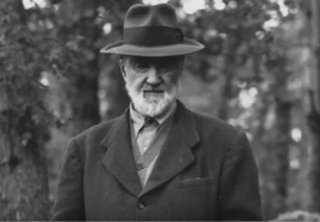
Ives, "Three Places in New England"
In 1929, the conductor Nicolas Slonimsky contacted the American composer Charles Ives about performing one of his works. This was a bit of a surprise for Ives, since he had a checkered reputation among musicians and audience members, if they even were familiar with his name at all. In fact, he was much more famous during his lifetime as an extremely successful insurance executive! Ives mostly composed in his spare time, and his music was mostly ignored or ridiculed as that of a person suffering from a crisis of mental health. Most of his music was never performed during his lifetime, and even today, he is thought of as a great but extremely eccentric composer, and orchestras and chamber ensembles often struggle to sell tickets if his name appears on the program. But for those who love Ives, there is an almost evangelical desire to spread his music to the world. I'm one of those people, and I'm finally fulfilling a pledge to myself to do a full show devoted to a single work of arguably the greatest and most under appreciated American composer of all time, Charles Ives. The piece I chose to talk about today is Three Places in New England, or the New England Symphony, a piece that is a perfect amalgam of what makes Ives such a spectacular composer - his radical innovations, his ahead of his time experiments, his humor, his humanity, his warmth, and the staggering creativity that marked all of Ives' great works. We'll start with a little biography of Ives in case you're not familiar with him, and then we'll dive into Three Places in New England, and by the end, I hope , if you're not already, that I will have converted you into an Ives fan for life! Join us!
29 Syys 20221h
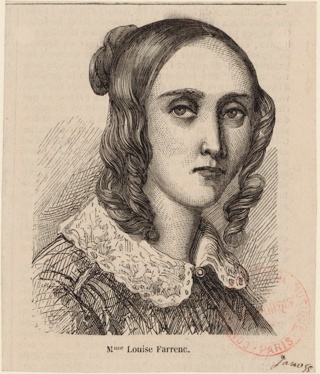
Louise Farrenc Symphony No. 3
In the mid 19th century, the way to make yourself famous in France as a composer was to write operas. From Cherubini, to Meyerbeer, to Bizet, to Berlioz, to Gounod, to Massenet, to Offenbach, to Saint Saens, to foreign composers who wrote specifically for the Paris Opera like Rossini, Verdi and others, if you wanted to be somebody, especially as a French composer, you wrote operas, and you wrote a lot of them. But one composer in France bucked the trend, and her name was Louise Farrenc. Farrenc never wrote an opera - instead she focused on chamber music, works for solo piano, and three symphonies that were in a firmly Germanic style. Writing in a style that was not en vogue in her home country, along with the obvious gender imbalances of the time, meant that you might expect that Farrenc was completely ignored during her life. But that's not the case. She had a highly successful career as a pianist, a pedagogue, and yes, as a composer too. But after her death, her music was largely forgotten. Bu in the last 15-20 years there has been a concerted effort at bringing Farrenc's music back to life, part of a larger movement to rediscover the work of composers who were unfairly maligned or treated during their lifetimes and after. One of Farrenc's greatest works, and the one we're going to be talking about today, is her 3rd symphony in G Minor. On the surface this is a piece in the mid-to-late German Romantic symphonic tradition, with lots of echoes of Mendelssohn and Schumann, but there's a lot more to it than that. So today on this Patreon sponsored episode, we'll discuss how Farrenc's music fit into French musical life, how a symphony was a still expected to sound in 1847, and of course, this dramatic and powerful symphony that is only now beginning to find its rightful place on stage. Join us!
22 Syys 202257min
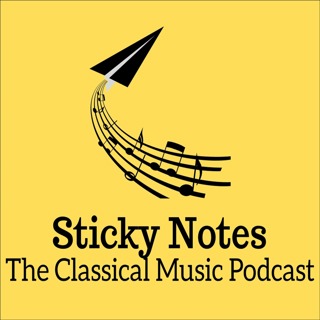
Saint-Saens, The Carnival Of The Animals
In 1922 a review appeared in the French newspaper Le Figaro: "We cannot describe the cries of admiring joy let loose by an enthusiastic public. In the immense oeuvre of Camille Saint-Saëns, The Carnival of the Animals is certainly one of his magnificent masterpieces. From the first note to the last it is an uninterrupted outpouring of a spirit of the highest and noblest comedy. In every bar, at every point, there are unexpected and irresistible finds. Themes, whimsical ideas, instrumentation compete with buffoonery, grace and science. ... When he likes to joke, the master never forgets that he is the master." You would think that this review came after a triumphant performance for Saint-Saens, and that he basked in the glory of the major success of what would become perhaps his most well known work, the Carnival of the Animals. But it just wasn't the case. In fact, this review appeared after a performance of the piece given after Saint-Saens death, and there was a reason for that. Saint-Saens, after 3 private performances of the piece, forbade it from being performed publicly during his lifetime. Why? Well, he was concerned that this lighthearted piece would diminish his standing as a serious composer. Even in the mid 1880s when this piece was written, Saint-Saens began to evince the conservatism, musical and otherwise, that would mark his later career, to the point that he wanted Stravinsky declared insane and said this about Debussy: "We must at all costs bar the door of the Institut against a man capable of such atrocities; they should be put next to the cubist pictures." Why was Saint-Saens so opposed to modernism? Why was he so concerned with his reputation as a serious composer, to the point that he suppressed this wonderfully creative piece? And just what makes the Carnival of the Animals so fantastic and so much fun to listen to, as well as being so vivid in its portrayals of the animals it represents? Join us to find out!
15 Syys 202256min
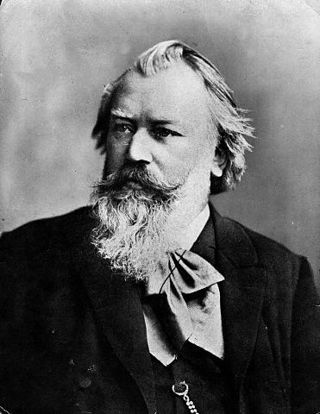
Brahms Symphony No. 4
Welcome to Season 9 of Sticky Notes! We're starting with a bang this season with Brahms' incomparable 4th symphony. This symphony takes the listener on a journey that unexpectedly ends in a legendarily dramatic and stormy way. What would compel a composer like Brahms to write an ending like this? Was it a requiem for his place in music? For Vienna? For Europe? Or was it the logical conclusion to a minor key bassline he stole from a Bach Cantata? This is the eternal question when it comes to Brahms - logic or emotion? Well, usually the answer is a bit of both, and today we're going to go through this remarkable piece with all of this in mind. Join us!
8 Syys 20221h 10min
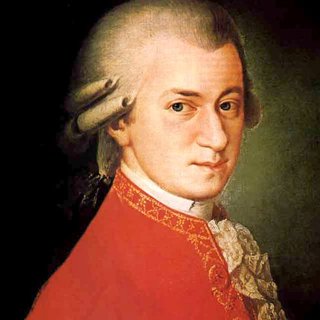
Mozart, The Music, The Myth, The Legend, w/ Jan Swafford
"I think Mozart just really loved people." - Jan Swafford. For the Season 8 Finale, I had the great pleasure of welcoming back Jan Swafford, the great writer on music, who has written a spectacular new biography of Mozart. In this conversation, we talked about who Mozart really was as a person, some of the myths that defined him during his lifetime and into the present day, and of course, the incomparable music that Mozart was able to create, sometimes on a whim or in a single afternoon. This is a conversation about a man who understood people perhaps better than almost any composer, and a musician who scraped and struggled during his life while achieving immortality through his creations. Please note that this will be the last episode of Season 8 and Season 9 will begin on September 8!
4 Elo 202259min
